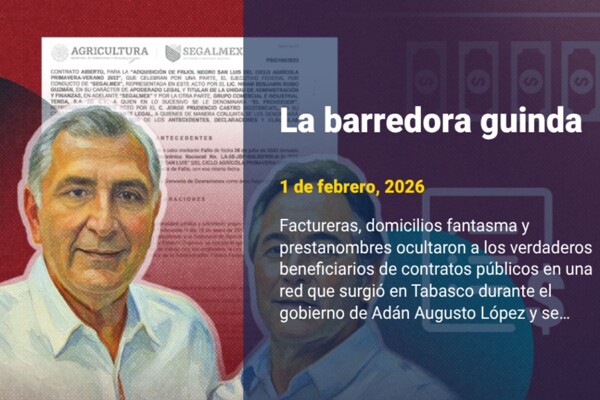
In January, crude oil exports reached 532 thousand barrels per day in Mexico, representing a 44% decrease compared to the previous year, marking the largest drop recorded to date, according to a report from Petróleos Mexicanos (Pemex) on March 3. This sharp reduction occurred amid the refusal of U.S. refineries to receive Pemex crude due to excess water in the barrels, a situation expected to be resolved soon, according to statements from President Claudia Sheinbaum.
In just one month, crude oil sales decreased by 34%, as in December 2024, Pemex managed to export 807 thousand barrels per day overseas. Víctor Rodríguez, Pemex's director, admitted that complaints had been received about the quality of the exported crude due to the presence of water and salt in the product. Despite this, Rodríguez highlighted that no cargo ships have been rejected; they have only faced penalties with price adjustments.
Mexico's oil revenues in January 2025 were affected by this decrease in exports, totaling only 1,106 million dollars, reflecting a 47% annual reduction. Isthmus crude was the most affected, with a 67% decrease compared to the previous year, followed by Zapotec crude with 54% less and Maya with a 36.3% drop.
This contraction in crude exports coincides with the historically low production by Pemex, caused by the decline of mature fields. In January, liquid hydrocarbons production, including condensates, was 1 million 616 thousand barrels per day, representing an 11.6% decrease compared to last year.
In an effort to increase production, Néstor Martínez, General Director of Exploration and Production at Pemex, reported that an accelerated development of new fields and the early incorporation of production from exploratory wells is being implemented to reduce exploitation times in mature oil fields. Martínez pointed out that these measures have managed to mitigate the accelerated downward trend in production, continuing the strategy to maintain base production.














